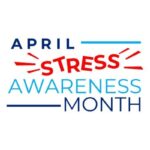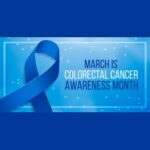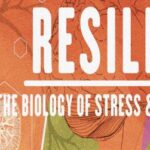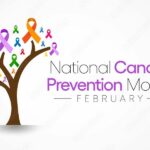Commonly Prescribed Medications For Depression
Many of the above antidepressants are also used successfully in the treatment of anxiety disorders.Possible Side Effects of Antidepressants
The most common side effects associated with SSRIs and SNRIs include:
Tricyclic antidepressants can cause side effects, including:
People taking MAOIs need to be careful about the foods they eat and the medicines they take. Foods and medicines that contain high levels of a chemical called tyramine are dangerous for people taking MAOIs. Tyramine is found in some cheeses, wines, and pickles. The chemical is also in some medications, including decongestants and over-the-counter cold medicine. Mixing MAOIs and tyramine can cause a sharp increase in blood pressure, which can lead to stroke. People taking MAOIs should ask their doctors for a complete list of foods, medicines, and other substances to avoid. An MAOI skin patch has recently been developed and may help reduce some of these risks. A doctor can help a person figure out if a patch or a pill will work for him or her. |
 Type a medication name in the box below to view more detailed information: Type a medication name in the box below to view more detailed information:
Treating Depression with MedicationDepression is commonly treated with antidepressant medications. Antidepressants work to balance some of the natural chemicals in our brains. These chemicals are called neurotransmitters, and they affect our mood and emotional responses. Antidepressants work on neurotransmitters such as serotonin, norepinephrine, and dopamine. The most popular types of antidepressants are called selective serotonin reuptake inhibitors (SSRIs). These include:
Other types of antidepressants are serotonin and norepinephrine reuptake inhibitors (SNRIs). SNRIs are similar to SSRIs and include venlafaxine (Effexor) and duloxetine (Cymbalta). Another antidepressant that is commonly used is bupropion (Wellbutrin). Bupropion, which works on the neurotransmitter dopamine, is unique in that it does not fit into any specific drug type. SSRIs and SNRIs are popular because they do not cause as many side effects as older classes of antidepressants. Older antidepressant medications include tricyclics, tetracyclics, and monoamine oxidase inhibitors (MAOIs). For some people, tricyclics, tetracyclics, or MAOIs may be the best medications. People taking antidepressants need to follow their doctors’ directions. The medication should be taken in the right dose for the right amount of time. It can take three or four weeks until the medicine takes effect. Some people take the medications for a short time, and some people take them for much longer periods. People with long-term or severe depression may need to take medication for a long time.
Once a person is taking antidepressants, it is important not to stop taking them without the help of a doctor. Sometimes people taking antidepressants feel better and stop taking the medication too soon, and the depression may return. When it is time to stop the medication, the doctor will help the person slowly and safely decrease the dose. It’s important to give the body time to adjust to the change. People don’t get addicted, or “hooked,” on the medications, but stopping them abruptly can cause withdrawal symptoms. If a medication does not work, it is helpful to be open to trying another one. A study funded by NIMH found that if a person with difficult-to-treat depression did not get better with a first medication, chances of getting better increased when the person tried a new one or added a second medication to his or her treatment.  |
Source: National Institute of Mental Health









 Antidepressants may cause mild side effects that usually do not last long. Any unusual reactions or side effects should be reported to a doctor immediately.
Antidepressants may cause mild side effects that usually do not last long. Any unusual reactions or side effects should be reported to a doctor immediately.